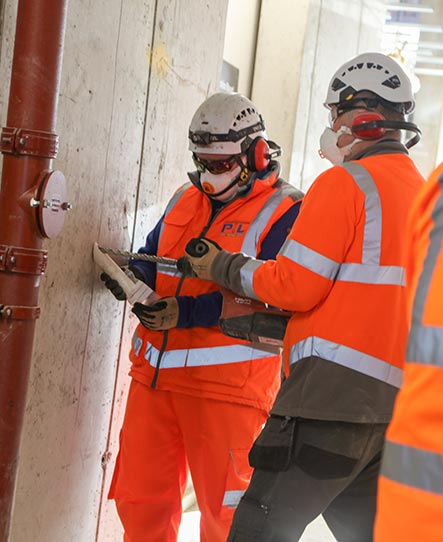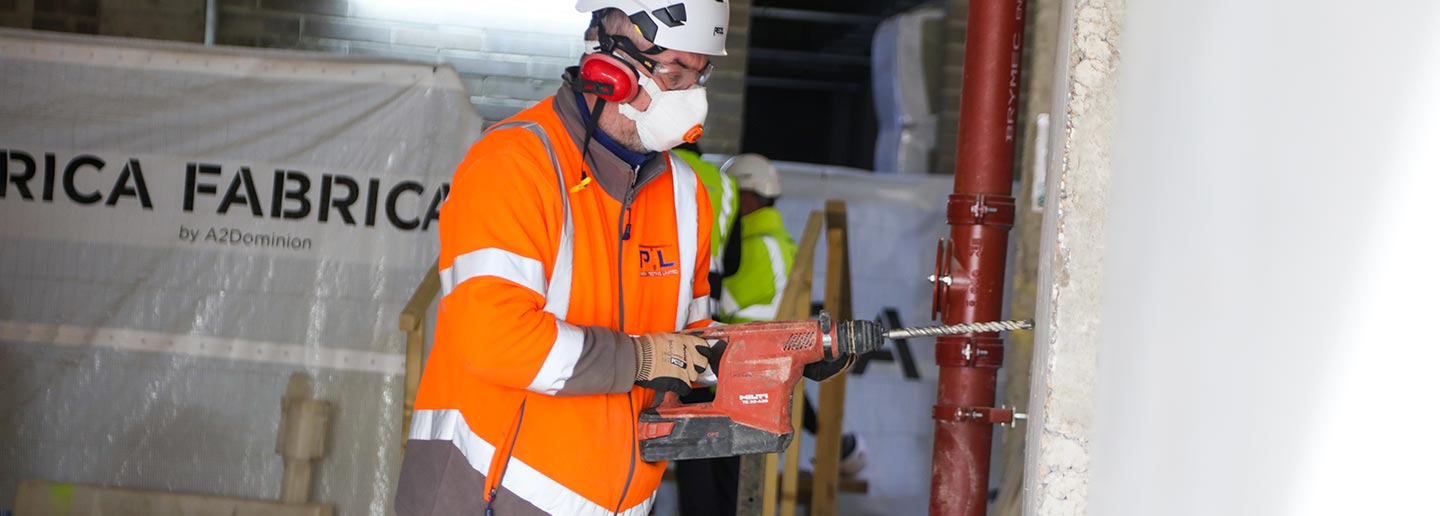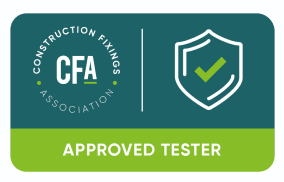Over 20 years of structural investigation and testing expertise
One of the fastest-growing and most respected firms of its type, the team at Perry Testing has been providing structural investigation and testing services for over 20 years. From pile integrity testing, pull off testing and load testing to slip resistance testing and diamond drilling, our seasoned experts provide the time-sensitive, project-critical data you demand.
Using cutting-edge techniques and technology, we measure, investigate and analyse your structures, locating defects and providing detailed reports on areas of concern. Where possible, we also provide guidance and recommendations as to potential solutions.
Operating throughout the UK, we work for a truly diverse range of clients. From large multi-nationals and developers to architects and structural engineers, our clients benefit greatly from the experience, speed and flexibility of our structural investigation team.
So, whether you’re looking to alter an existing structure or assess the strength or performance of a particular component, our team of highly-qualified structural investigation engineers should be your first port of call.
Get in touch.
The best way to contact us about Structural Investigation is directly through our website. Just leave us your details and a quick overview of what you need, and we’ll get back to you as soon as possible.










